Feedback: Art, Africa and the 1980s
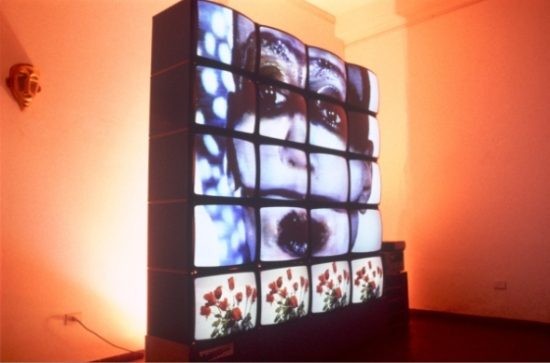
Feedback: Art, Africa and the 1980s
Feedback: Art, Africa, and the 1980s focuses on the 1980s in Africa through an exhibition that is both historical and contemporary in scope. It examines the social, political, and economic realities in Africa at that period through the creative visions of artists, then and now.
The 1980s presented an increasingly dystopian vision defined by social uprisings, protests, civil conflicts, coups d‘état, military and civilian dictatorships, austerity measures and famine. The final demise of political colonialism in Africa. It was also the last decade of the Cold War in which many African countries, though claiming non-alignment, were a playground for the Western and Eastern Blocs to try out social, political and economic experiments often with severe economic consequences. The spate of structural adjustment programs, perhaps more than any other factors of change, restructured the relationship between the postcolonial state and citizens. Nevertheless, some radical utopias also surfaced during the 1980s, such as Thomas Sankara’s Pan-African revolution in Burkina Faso. Scholars of contemporary African art have argued that this climate of uncertainty and change in the 1980s produced a new kind of cultural mobilization in many African countries. Several artists began to address the failures of the postcolonial state. The focus on social, political, and economic issues, in addition to responses to globalization and international mobility, subsequently gave rise to new forms of artistic production in Africa. In addition, everyday life and the increasing urbanization and mobility of people were important topics for artists as well.
The exhibition’s premise is: how might we begin to construct a history of postcolonial African art in which the 1980s was consequential?
How might we understand the 1980s as the link between the early postcolonial modernism of the 1960s and 1970s and the unleashing of contemporary art from the 1990s, which was once described as “new internationalism” and now referred to as global contemporary? The exhibition’s narrative highlights a tapestry of perspectives in works by artists at various stages in their professional careers. Some of the artists were very young in the 1980s and now examine the decade from a temporal and critical distance, albeit subjectively. Their contemporary responses, presented in dialogue with works produced during the 1980s, help to map the trajectory of artistic vocabularies and complementary discourses in the 1980s and its impact on post-1990 contemporary African art. Through art, music, film, and archival materials from the Iwalewahaus, University of Bayreuth, the Weltkulturen Museum Frankfurt, and Makerere University’s Art Gallery Kampala (Uganda).
The exhibition highlights key aspects of the art and cultural history of this important yet mostly ignored decade.
These collections serve as important repositories with which to map the contour of artistic practice in Africa in the 1980s, in particular in Nigeria, Senegal, DR Congo, South Africa, and Kenya.
Founded in 1981, Iwalewahaus itself is an institution anchored in the 1980s. It was one the first institutions dedicated to modern and contemporary African art through exhibitions, collecting, and ancillary activities in Europe. As such, a section of the Feedback: Art Africa and the 1980s exhibition maps the Iwalewahaus´ first decade as arguably the most important space for African art and artists in Europe.
A program of films and lectures will accompany the exhibition.
Feedback: Art, Africa and the 1980s is curated by Ugochukwu-Smooth C. Nzewi (Cleveland Museum of Art) and produced by Iwalewahaus, University of Bayreuth.
Featured artists include: Amadou Ba, Fodé Camara, Lionel Davis, Baba Dia, Ndidi Dike, El Anatsui, El Hadji Sy, Ibrahim El Salahi, Theo Eshetu, Adebisi Fabunmi, Euridice Kala, Kangudia, David Koloane, Muwonge Mathias Kyazze, Ezrom Legae, Huda Lufti, Maitre Syms, Spoek Mathambo, George Msimango, Peter Mulindwa, John Muafangejo, Lukama N’gazu, Sam Nhlengethwa, Moke, Olu Oguibe, Ronex Ahimbisibwe, Amadou Seck, Etale Polycarp Sukuro, Twins Seven Seven, Obiora Udechukwu, Beatrice Wanjiku, Ezra Wube, and Hervé Youmbi.
View more from
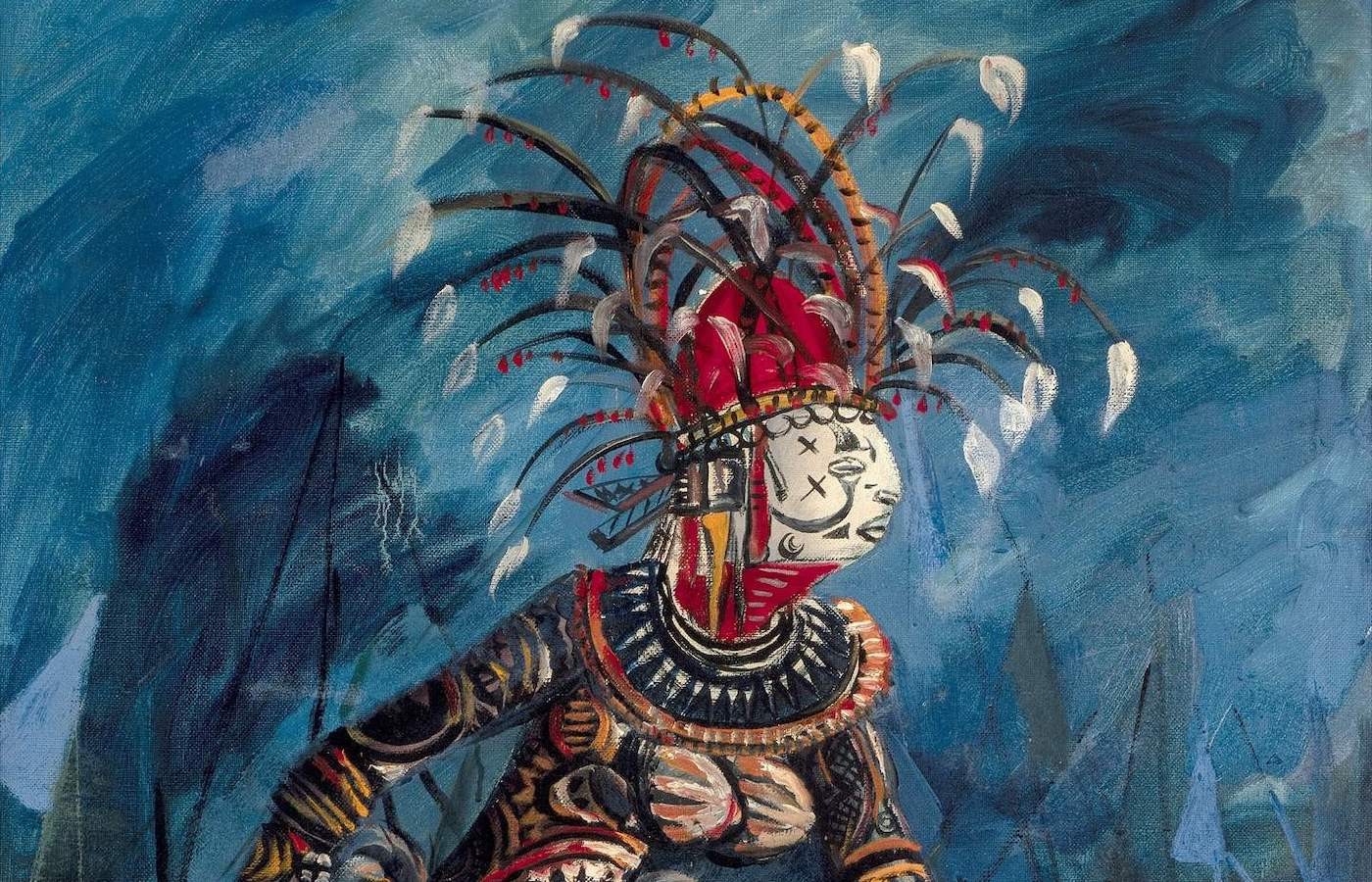
Nigerian Modernism – Group Show
Oct 8, 2025–May 10, 2026
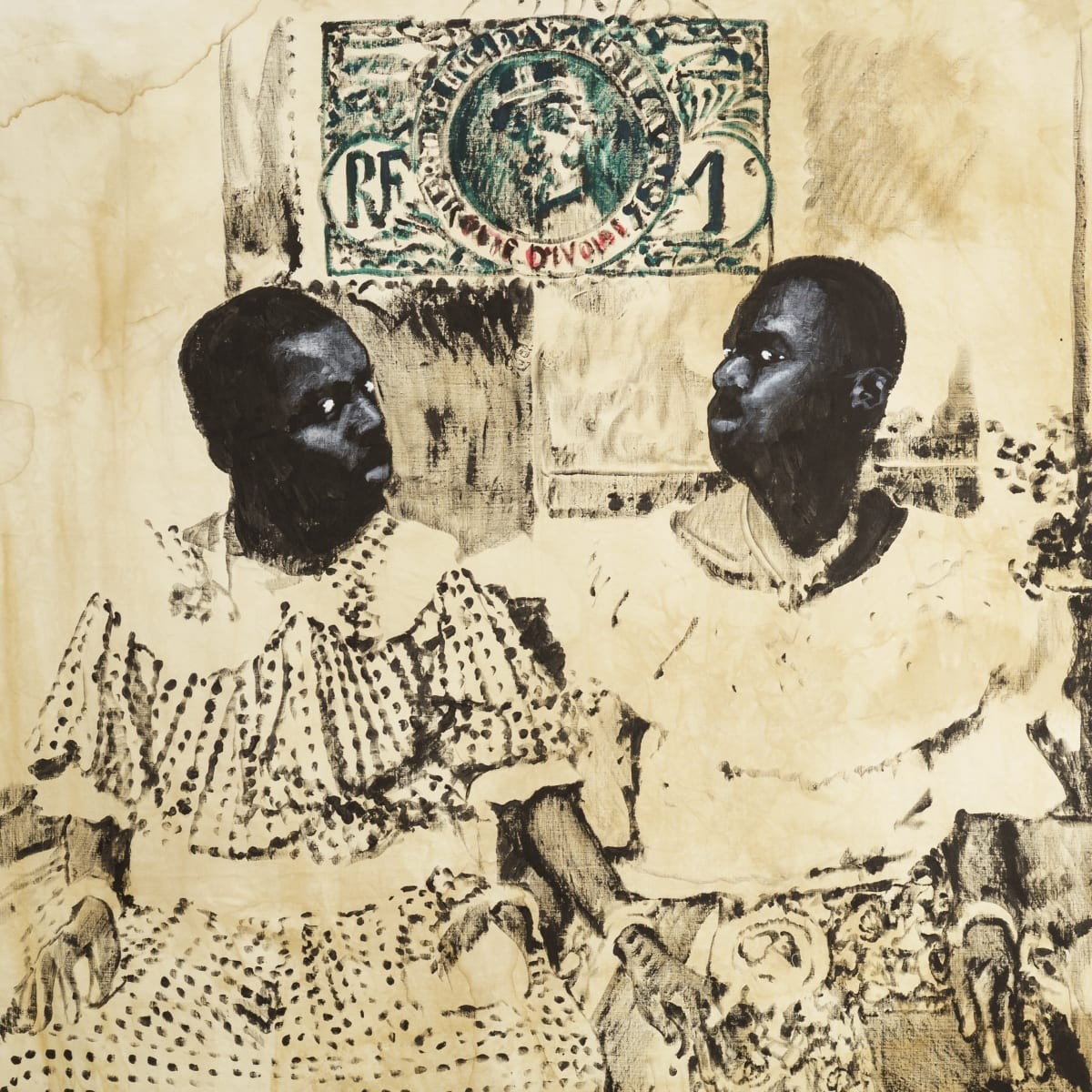
Roméo Mivekannin: Correspondances
Oct 2, 2025–Mar 21, 2026
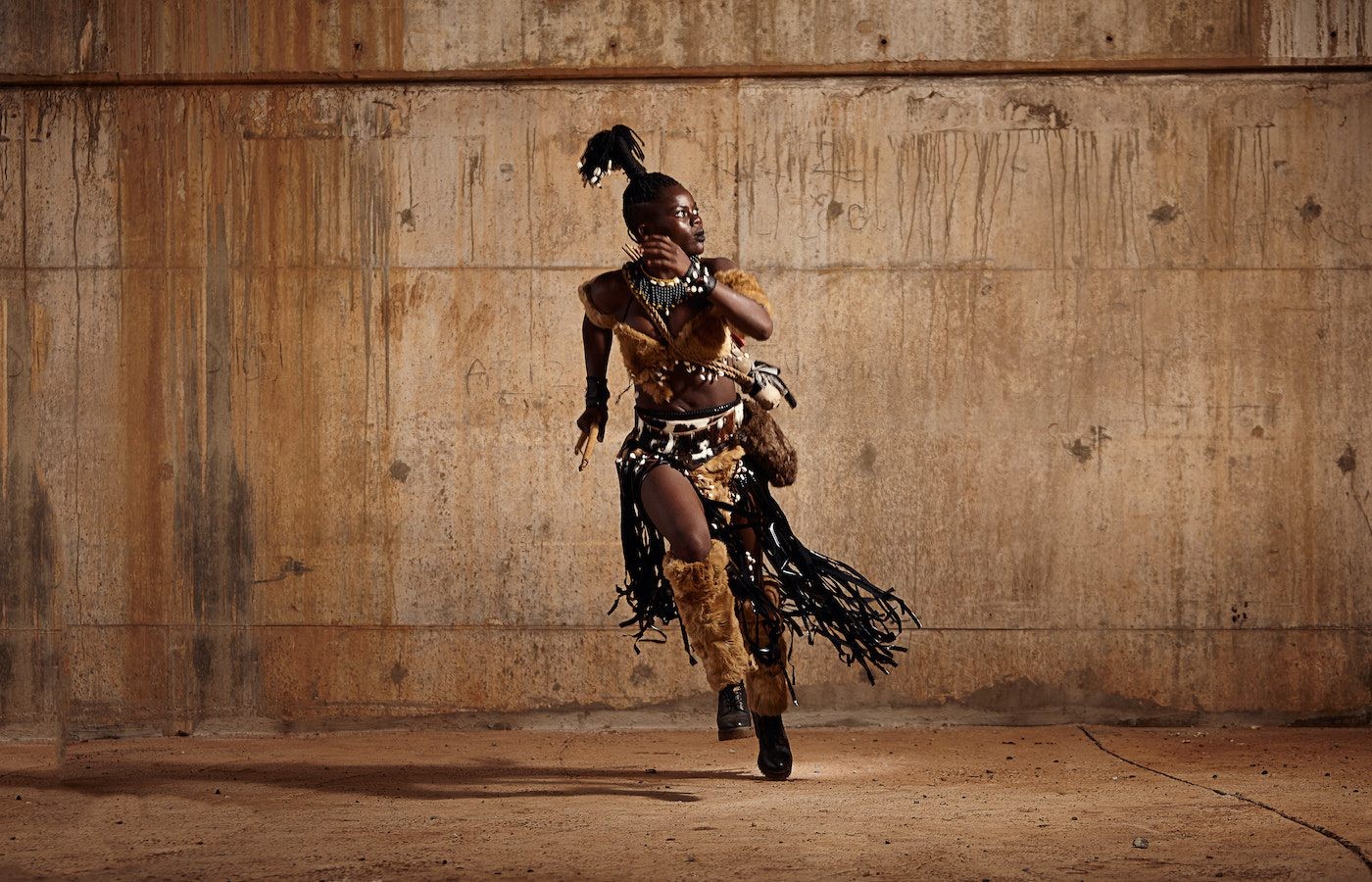
The Writing’s on the Wall (TWTW)
Sep 13, 2025–Mar 14, 2026
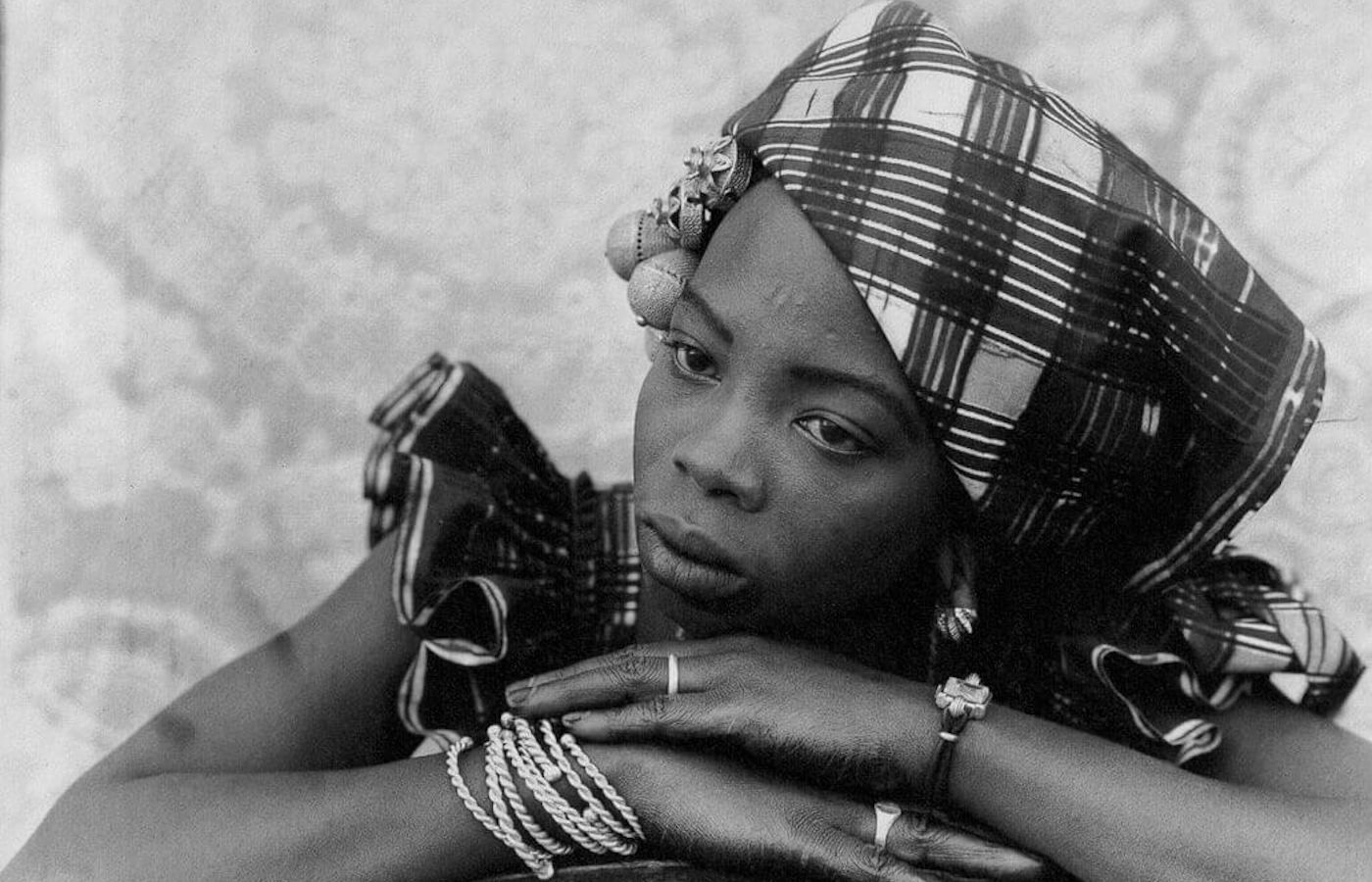
Seydou Keïta: A Tactile Lens
Oct 10, 2025–Mar 8, 2026
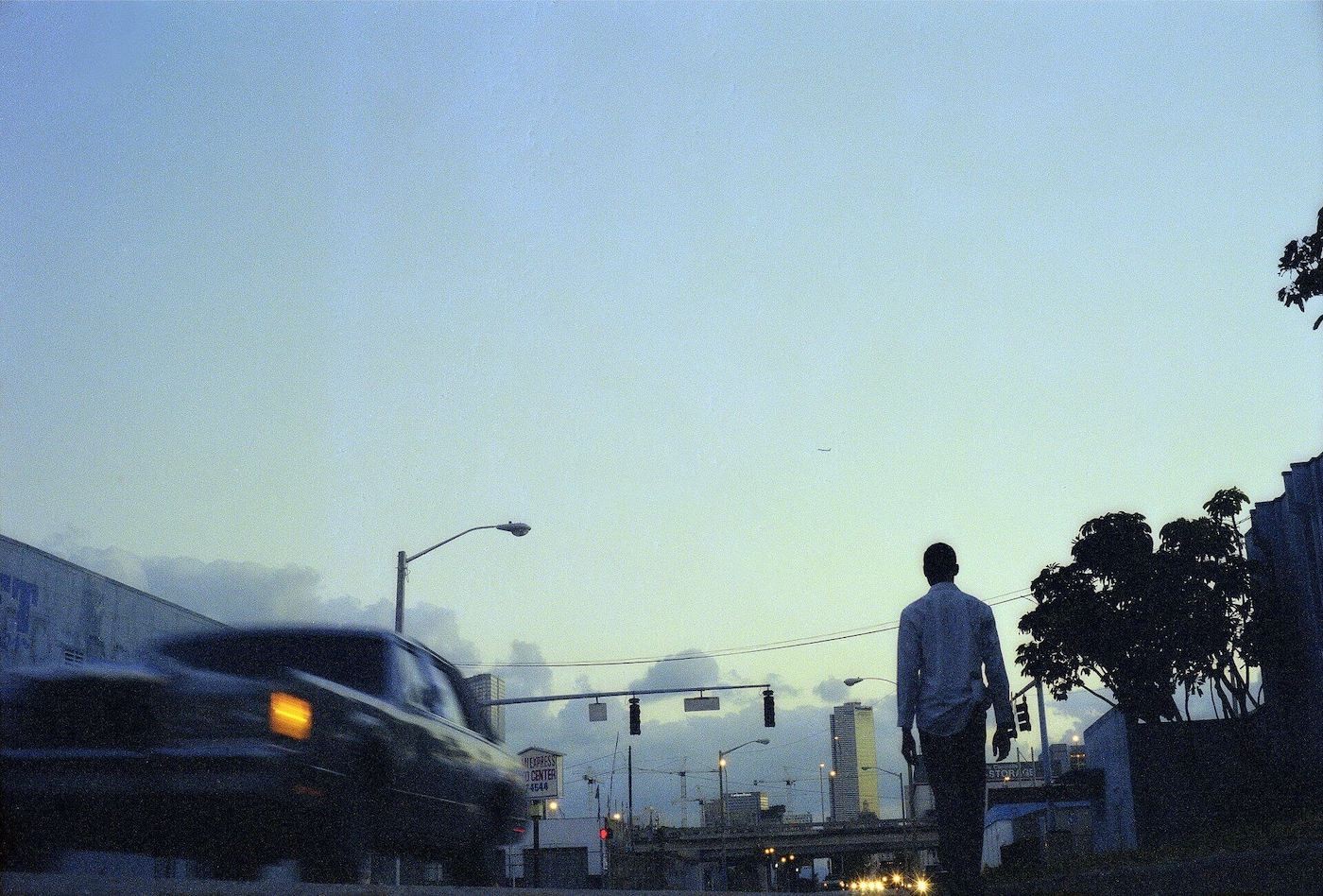
ECHO DELAY REVERB: American Art and Francophone Thought – Group Show
Oct 22, 2025–Feb 15, 2026
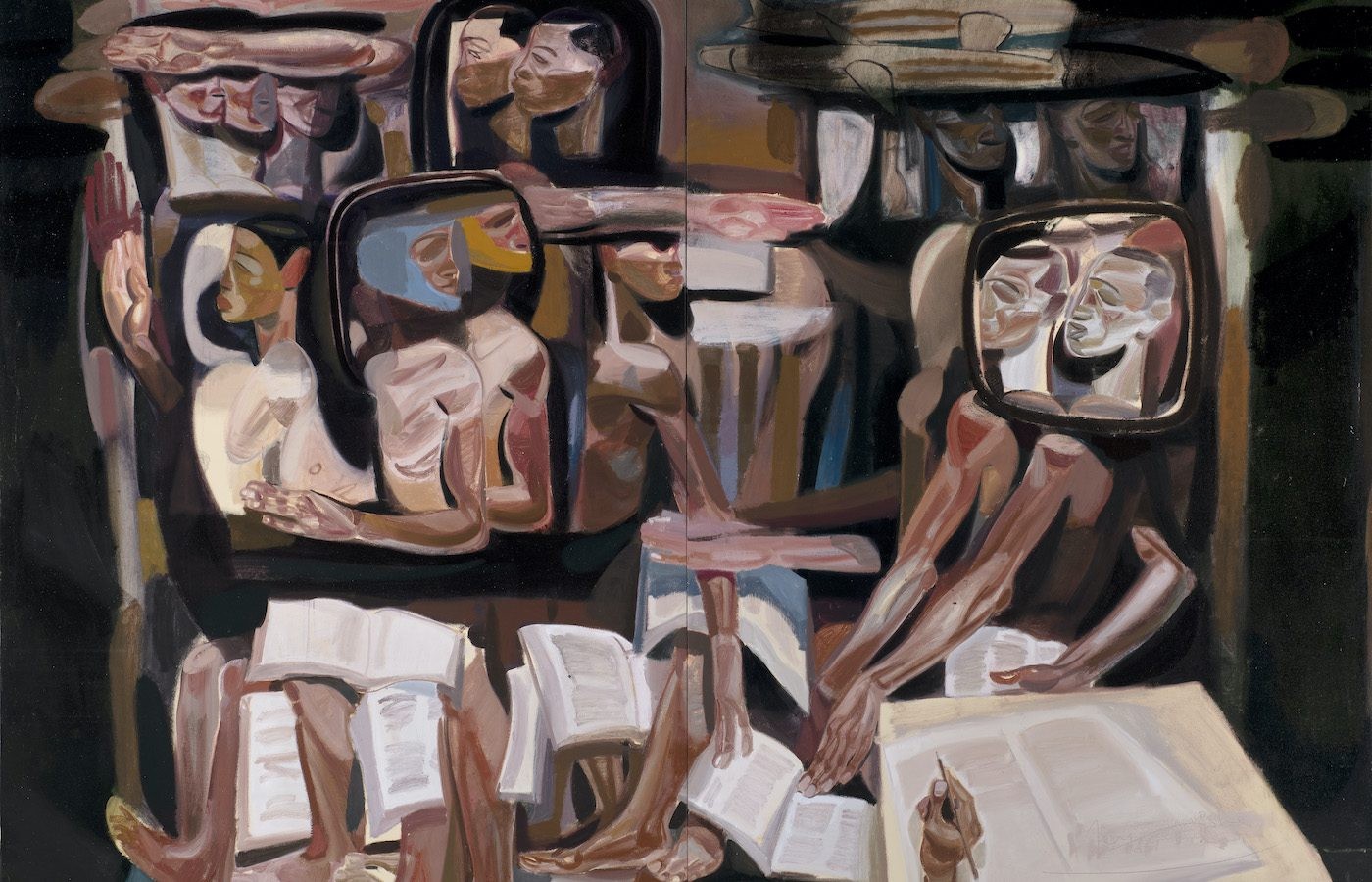
Tesfaye Urgessa: Roots of Resilience
Sep 20, 2025–Feb 15, 2026